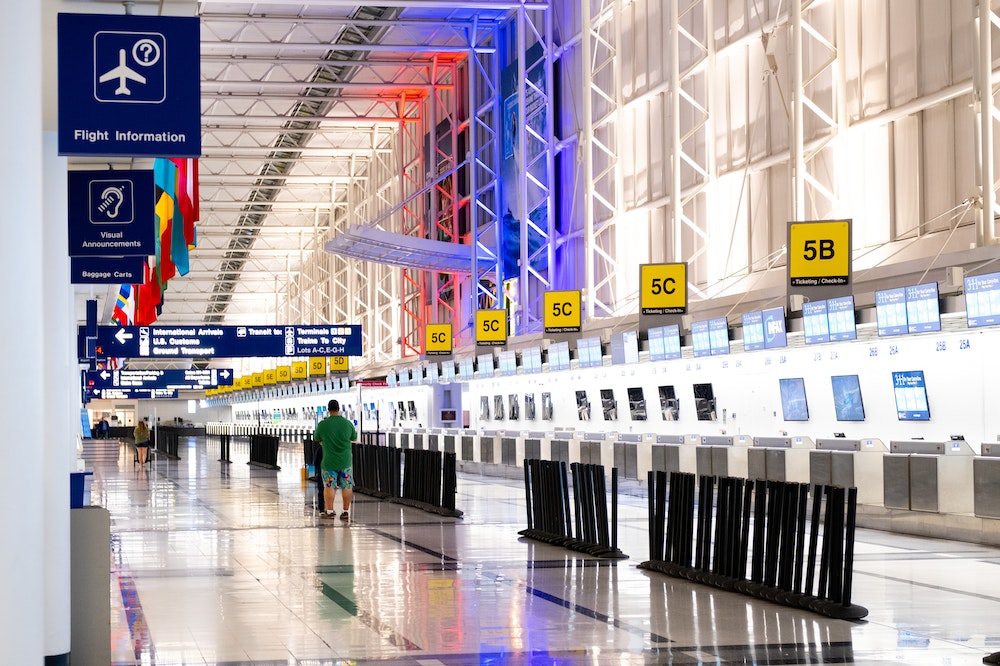When Air France and KLM merged under one group in 2004, the move created one of Europe’s largest airline holdings/groups — the Air France–KLM Group. While the two carriers now share strategy, fleet investments, and a joint loyalty program (Flying Blue), they continue to operate as separate airlines under European law.
This distinction is important when it comes to Air France–KLM compensation. If your flight is delayed, cancelled, or overbooked, EU Regulation 261/2004 (EU261) states that the airline operating the flight — not necessarily the one that sold your ticket — is responsible for paying compensation.
Check your compensation online.
Understanding the Air France–KLM Merger
The merger placed Air France and KLM under one parent company to improve efficiency in operations, scheduling, and maintenance.
Still, each airline kept its own operating certificate, brand, and customer service. In practice, this means they work independently — a flight run by KLM is legally separate from one operated by Air France, even if both names appear on your ticket.
Air France–KLM Compensation
If your flight was disrupted, understanding how Air France–KLM compensation works can help you know which airline is responsible for paying you under EU261.
EU261 and “Operating Carrier” Responsibility
EU 261/2004 is the key European regulation protecting passengers in cases of:
- Flight delays (over 3 hours on arrival),
- Flight cancellations,
- Denied boarding (in cases of overbooking), or
- Missed connections caused by airline delays and cancellations.
Under this law, flight compensation must come from the operating carrier — the airline physically flying the aircraft.
The United Kingdom applies the same rules through its own version, known as UK261, which is based on the original EU law.
For example:
If your ticket says Air France but the flight is operated by KLM, KLM is the airline responsible for handling your EU261 claim and paying flight compensation.
The same applies in reverse: if a KLM-marketed flight is operated by Air France, compensation must be sought from Air France.
Many passengers think the airline that sold the ticket should pay compensation. But under EU law, only the airline that actually operates the flight is responsible.
Air France–KLM Compensation: Shared Group, Separate Accountability
Although Air France and KLM operate under the same group, their responsibility for passenger rights remains separate. Each airline handles its own compensation claims, with different teams, policies, and processing times.
Because of this, passengers sometimes encounter inconsistent communication. For example, if you found KLM’s claims process quick and straightforward, it doesn’t mean Air France will handle yours the same way — and vice versa.
While the procedure for claiming EU flight compensation is generally similar across both airlines, the time it takes to process a claim can vary depending on the airline and the specific circumstances of your case.
Regardless of these differences, EU law requires the operating airline to respond to valid claims within a reasonable timeframe and to pay compensation in cash (or via bank transfer), unless the passenger agrees to receive vouchers or miles instead.
Missing Your Connecting Flight
If you have a connecting flight, and the flight legs are operated by both KLM and Air France (or other partner airline within the alliance), you’re protected in case of missed connections — as long as you booked your journey as a single itinerary with one booking reference number.
If you miss your flight due to delay or cancellation, you will be entitled to a new flight, right to care, and possibly, missed flight compensation.
Check your compensation online.

Air France–KLM Right to Care
Under EU law, passengers flying with KLM or Air France have a right to care when their flight is delayed, cancelled, or they miss a connection.
This means the airline must look after you while you wait — not just get you to your destination later.
Depending on the situation, this can include meals and drinks, hotel accommodation if an overnight stay is needed, and transport between the airport and the hotel. You should also receive access to communication, like phone calls or emails, to make necessary arrangements.
Both KLM and Air France are part of the Air France–KLM Group, but each airline is individually responsible for assisting its passengers when disruptions occur.
That means:
- If your flight is operated by KLM, KLM must provide care (even if you booked with Air France).
- If your flight is operated by Air France, Air France must provide care (even if your ticket was booked via KLM).
How to Check Who Operates Your Flight?
To avoid confusion before submitting a claim:
- Check your booking confirmation — look for “operated by Air France” or “operated by KLM.”
- Confirm again on your boarding pass or flight status page.
- Submit your claim only to that airline’s compensation department.
This ensures your request reaches the correct party from the start and avoids unnecessary delays.
If you’re claiming through a flight compensation company, it doesn’t really matter which airline operated your flight. The company will handle the claim on your behalf — their experts will check your flight details and identify the correct operating airline for you.
KLM-Air France Subsidiaries
KLM-Air France group’s two main carriers, Air France and KLM Royal Dutch Airlines, are supported by several regional and low-cost subsidiaries such as:
- Air France Hop
- Transavia France
- Transavia
- KLM CityHopper
If you book a flight with KLM or Air France but it’s operated by one of these subsidiaries, you must submit your compensation claim to the airline that actually operated the flight.
Air France–KLM Group: Codeshare Partners
Air France-KLM partners with other airlines such as AirEuropa, Delta, SAS, Virgin Atlantic and others.
Because of this, some flights involve multiple carriers on one itinerary.
EU261 applies only when your flight departs from the EU or is operated by an EU-based airline.
So, if your Paris–New York flight operated by Air France is delayed, you’re covered under EU261. However, if your return flight from New York to Paris is operated by Delta, different rules apply under U.S. jurisdiction — even if you booked that Delta flight through Air France or KLM.
What if you miss your connecting flight that’s operated by a partner airline or subsidiary? You’re still protected as long as your journey was booked as one itinerary under a single booking reference number.
Key Takeaways on Air France–KLM Compensation
Air France–KLM operates as one group but two distinct airlines.
Under EU 261, the operating carrier is always responsible for compensation.
Always check who operates your flight before filing a claim.
Cash compensation is your legal right; vouchers or miles are optional.
Understanding how Air France–KLM compensation works helps passengers know which airline to contact and ensures they receive what they’re entitled to under EU261.
Featured photo by Kaboompics.com from Pexels
